The category all blog posts belong to.
Linguistics and New Testament: Pronunciation
Dr. Randall Buth recently gave a presentation at SEBTS (Southeastern Baptist Theological Seminary, 26 April 2019) on Linguistics and New Testament: Pronunciation. SEBTS has posted the session on youtube. While the lecture ends up on Greek pronunciation, the introduction addresses an important and wide-reaching note for pedagogy: why speech is vital for development of high [...]
